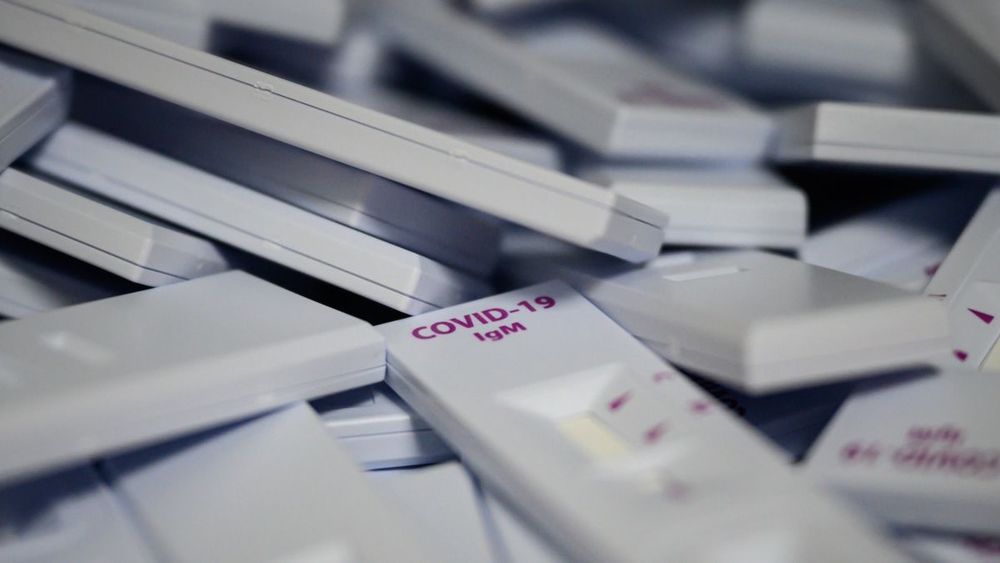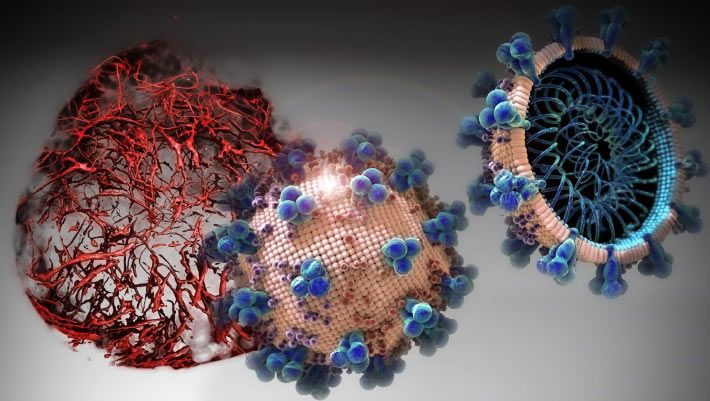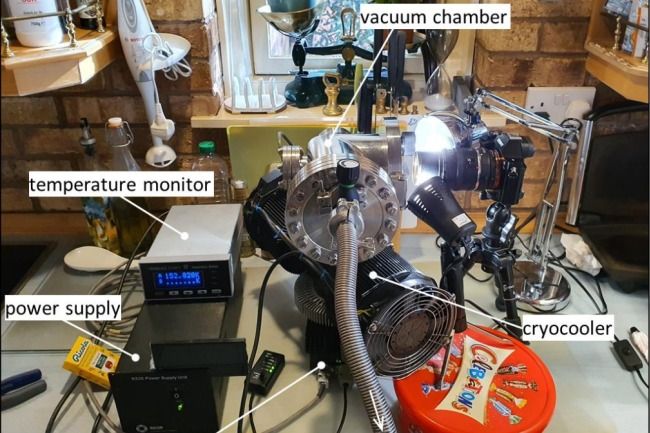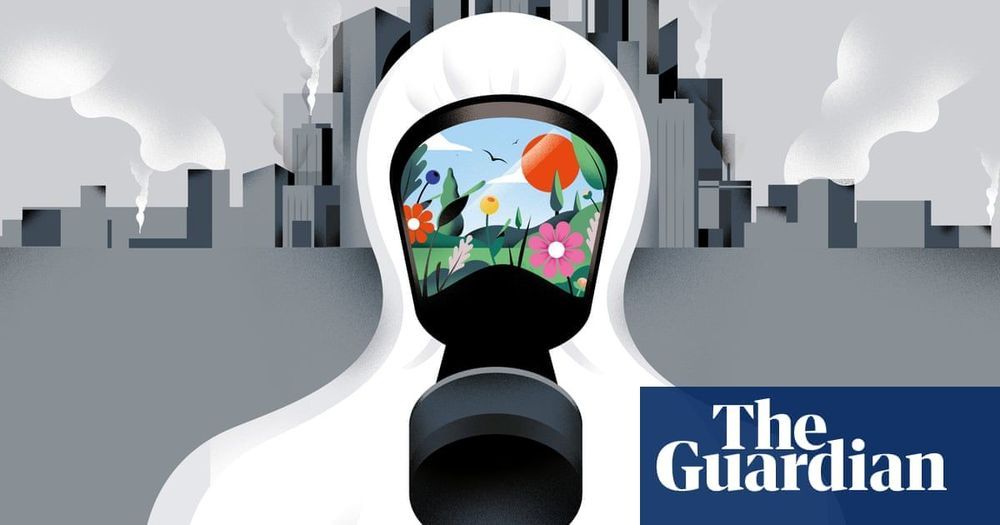Apr 4, 2020
Quantum Computers: Should We Be Prepared?
Posted by Saúl Morales Rodriguéz in categories: quantum physics, robotics/AI
Some foresee quantum computers will come to solve some of the world’s most serious issues. However, others accept that the advantages will be exceeded by the downsides, for example, cost or that quantum computers basically can’t work, incapable to play out the complexities demanded of them in the manner we envision. The integral factor will be if the producers can guarantee ‘quantum supremacy’ by accomplishing low error rates for their machines and outperforming current computers.
Hollywood has made numerous anticipations with respect to the future and artificial intelligence, some disturbing, others empowering. One of the most quickly developing research areas takes a look at the use of quantum computers in molding artificial intelligence. Actually, some consider machine learning the yardstick by which the field is estimated.
The idea of machine learning, to ‘learn’ new data without express explicit instruction or programming has existed since 1959, in spite of the fact that we still haven’t exactly shown up at the vision set somewhere by the likes of Isaac Asimov and Arthur C. Clarke. In any case, the conviction is that quantum computing will help accelerate our advancement right now. What was at one time a periphery thought evaded by the more extensive science community, has developed to turn into a well known and practical field worthy of serious investment.


















